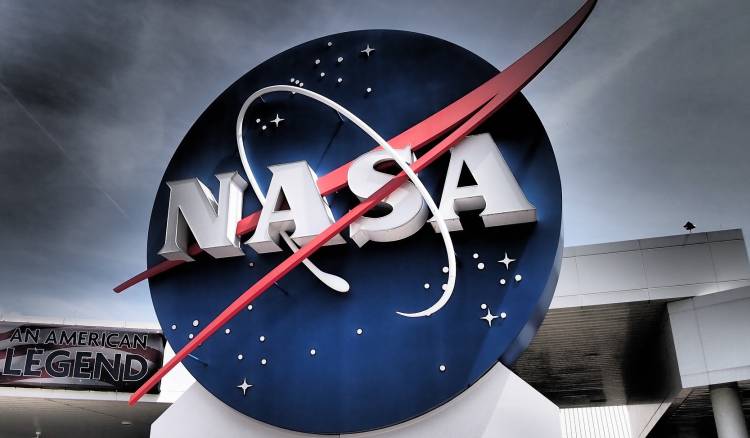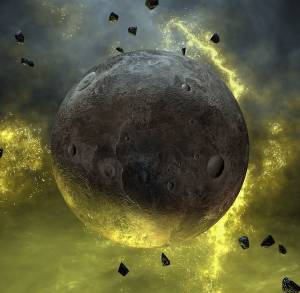
NASA Scientists Discover Uranus Is A Black Hole
July 29, 2024 - Washington, D.C. - In a groundbreaking revelation that has stunned the scientific community, NASA scientists have announced that the planet Uranus is, in fact, a black hole. This extraordinary discovery, which defies previous astronomical models, has prompted a wave of excitement and skepticism within the scientific community.
For decades, Uranus was known as the seventh planet from the Sun, characterized by its unique blue-green hue and its tilted rotation. However, a recent series of unprecedented observations from NASA's Deep Space Observatory (DSO) has revealed that Uranus is not a planet at all but a dormant black hole concealed within our solar system.
Dr. Amelia Clarke, the lead researcher on the project, explained the significance of the discovery in a press conference held at NASA's headquarters. "Our data indicate that Uranus is emitting gravitational waves consistent with those produced by a black hole. This finding fundamentally alters our understanding of the structure and dynamics of our solar system."
 The revelation came to light after scientists observed unexpected gravitational anomalies in the region of space where Uranus is located. Initial hypotheses suggested the presence of an unknown massive object, but further analysis confirmed that the object was indeed a black hole with a mass equivalent to that of Uranus.
The revelation came to light after scientists observed unexpected gravitational anomalies in the region of space where Uranus is located. Initial hypotheses suggested the presence of an unknown massive object, but further analysis confirmed that the object was indeed a black hole with a mass equivalent to that of Uranus.
The discovery has several profound implications. First, it suggests that the formation of black holes in our solar system may be more common than previously thought. It also raises questions about the origin of this particular black hole and its influence on the solar system's formation and evolution. Dr. Robert Johnson, an astrophysicist at the Massachusetts Institute of Technology, expressed both amazement and caution regarding the discovery. "While this is an astonishing find, we must approach it with a level of skepticism. The data needs to be thoroughly reviewed and validated before we can fully understand the ramifications."
The revelation came to light after scientists observed unexpected gravitational anomalies in the region of space where Uranus is located.
In the wake of this discovery, NASA's scientists are working to further investigate the characteristics of this newly identified black hole. Plans are underway to deploy additional observational instruments to monitor the object and study its impact on the surrounding celestial environment.
The implications for space exploration and our understanding of the universe could be profound. As scientists delve deeper into the mysteries of this enigmatic black hole, the discovery of Uranus as a black hole promises to reshape our comprehension of cosmic phenomena and the dynamics of our solar system. For now, the astronomical community is abuzz with both excitement and skepticism as researchers work to unravel the mysteries surrounding this unexpected cosmic revelation.
###
For more information, visit NASA's official website or follow our updates on social media.
NASA Scientists Discover Uranus Is A Black Hole
This story was created using a language model called ChatGPT developed by OpenAI. ChatGPT is a state-of-the-art artificial intelligence trained on a diverse range of texts from books, articles, and websites to generate human-like text based on the prompts it receives.

0 Comments